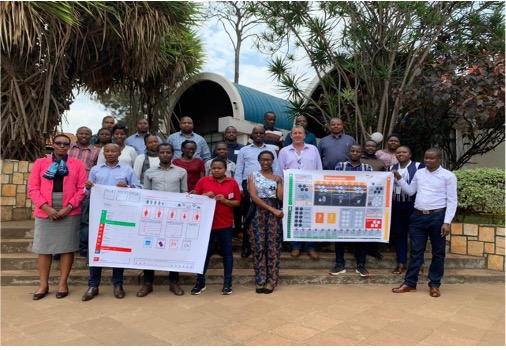
For proper implementation of the Workplace Learning and Youth Decent Employment Support Programme 2022-2026, APEFE identified different partners that can contribute to the coaching and mentorship of apprentices in the selected trades (Food Processing, tailoring, beauty, and Leatherworks). The targeted partners’ groups include but are not limited to TVET Schools : Gacuriro, Bumbogo, Maraba, Gakoni, Ngarama, IPRC Kigali, ESTB/Busogo, EAV Kabutare, and EFA Nyagahanga. The local government agents such as BDEUs and BDAs from the selected Districts (Huye, Musanze, Gatsibo, Kicukiro, Nyarugenge, and Gasabo) ; ESCs of Kigali, Huye, Musanze ; Yego Centres ; and two Business Incubation Centres (Masaka & Nyarutarama).
In order to strengthen the entrepreneurship spirit of the identified partners, APEFE in partnership with Rwanda Institute for Cooperatives, Entrepreneurship and Microfinance (RICEM) organized a training in entrepreneurship and access to finance. The training aims to equip participants with relevant skills enabling them to properly manage micro businesses and develop a saving culture. In this regard, a training session for eight (8) days for TVET school managers and trainers and ten
(10) days for local government agents had been organized. The first session for TVET school managers and trainers took place on 5- 12th September 2022 at RICEM.

(RICEM Managing Director at the official opening of the RICEM entrepreneurship training).
Participants in the training were first facilitated to test their ability to undertake business activities through a psychometric test. Secondly, they developed skills in recording and interpreting business transactions in the different books of accounts. Practical exercises for sav- ing simulation also helped them to improve their saving culture. The practical exercise on Business Model Canvas also assisted them to summarise and present the concept of their businesses.

(A picture of TVET school trainers from different districts during group discussion sessions.)
Participants testify that the training was important to them. They got the opportunity to brainstorm on strategies they may use and generate income from what they produce so as to increase the school’s financial capacity. According to INGABIRE BYAMUNGU Marie Claire and MUGIRWA Denyse from Gacuriro TVET school, they realized that Heads of Departments and trainers may as- sist in running the school’s production activities such as charging fees from renting workshops, providing hairdressing services to students at a low price, etc. This was supported by Theogene NTAWUHIGANAYO, the Manager of Maraba TVET school who added that they got the ability to control the stock in and stock out from their production units, calculate the cost of production, and set the affordable price for their final products. Establishing a good relationship with key school stakeholders (students, trainers, suppliers, etc) is of great importance as confirmed by DUSABIMANA Innocent, the Manager of EFA Nyagahanga. Inspirational best practices from each TVET school represented in the training assisted them to make changes when they will be back to their schools.

(A picture of TVET school managers at RICEM entrepreneurship training.)
 English
English Kinyarwanda
Kinyarwanda
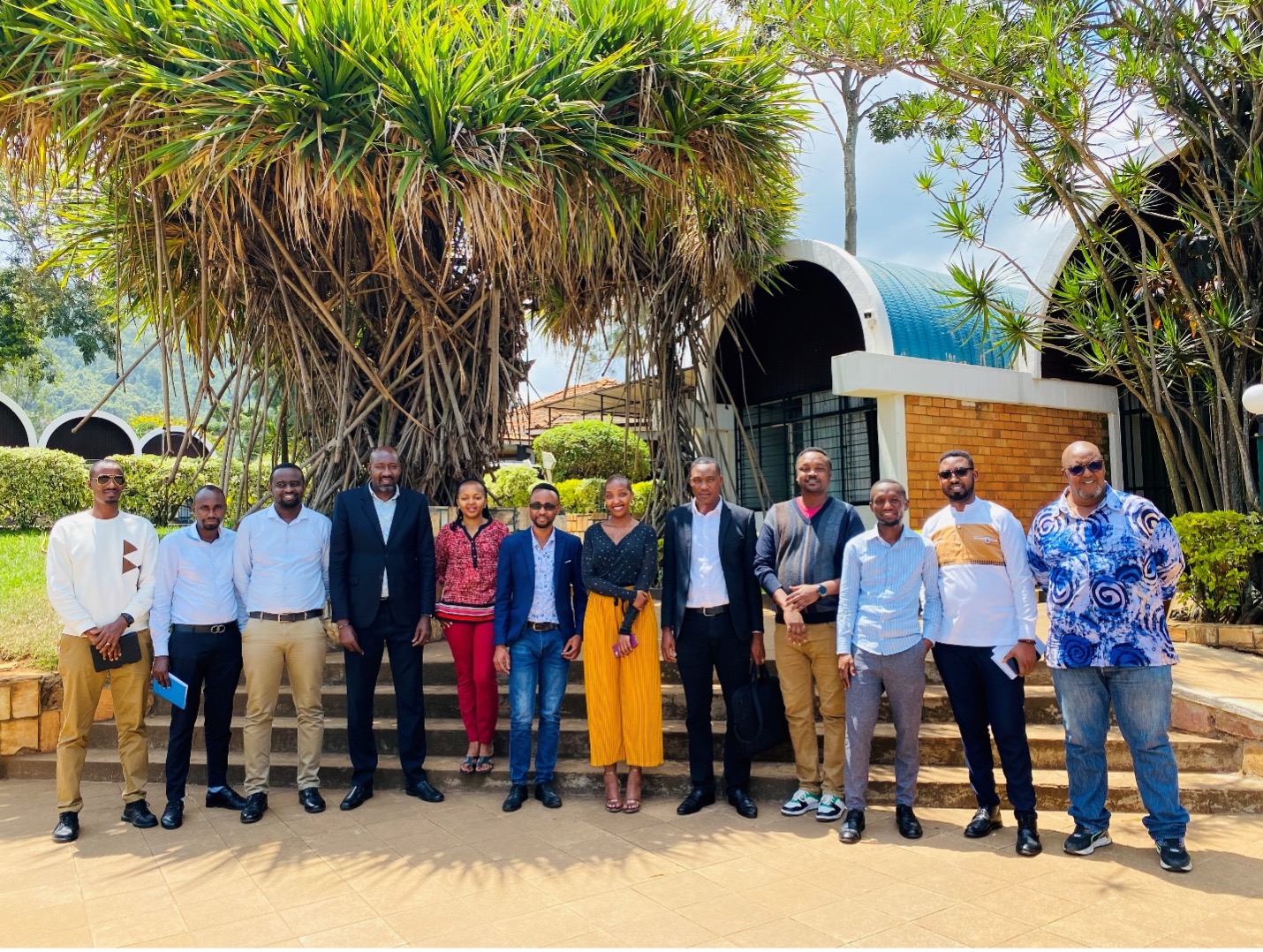


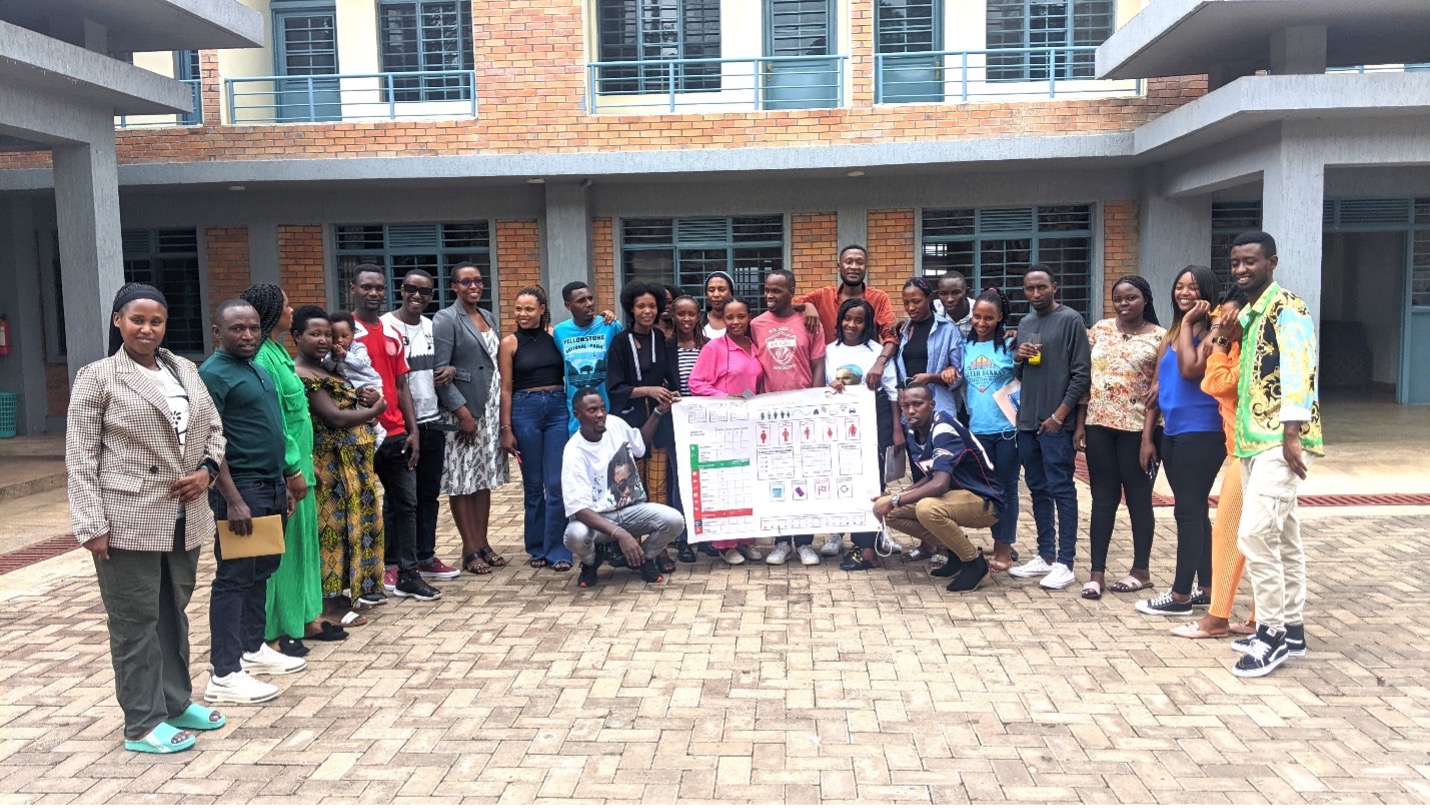
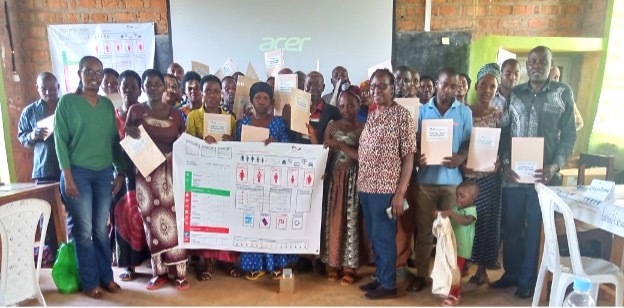
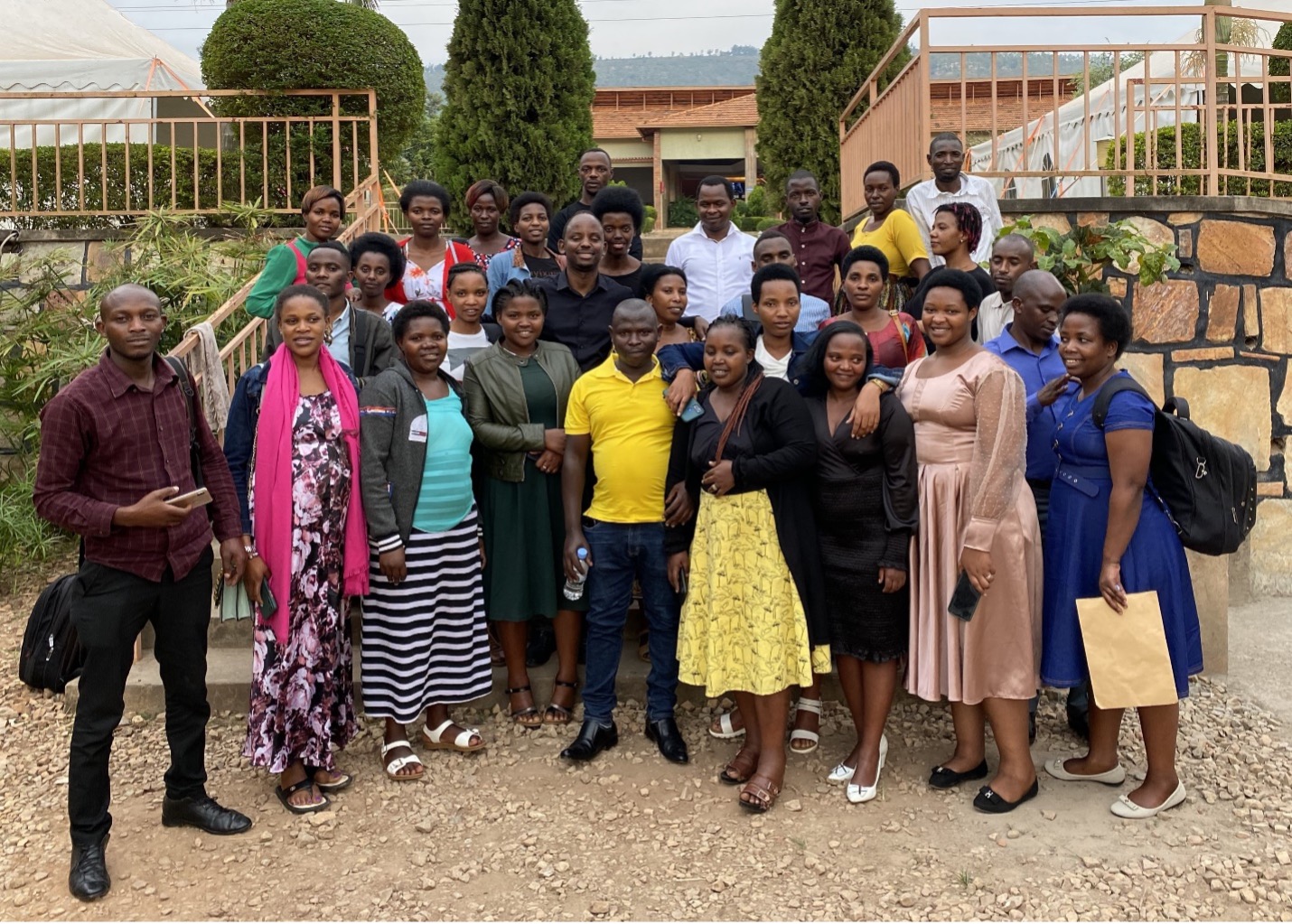
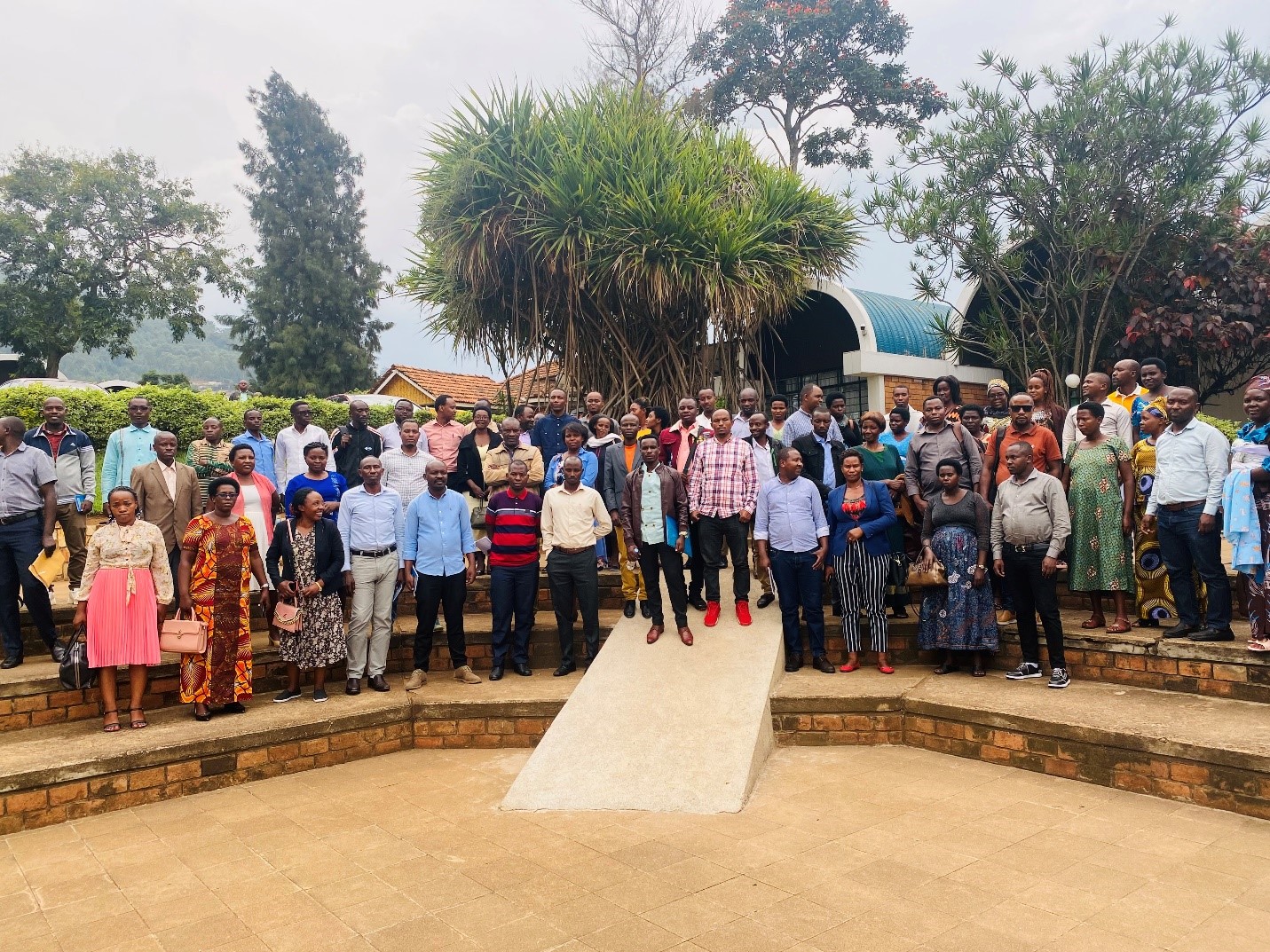


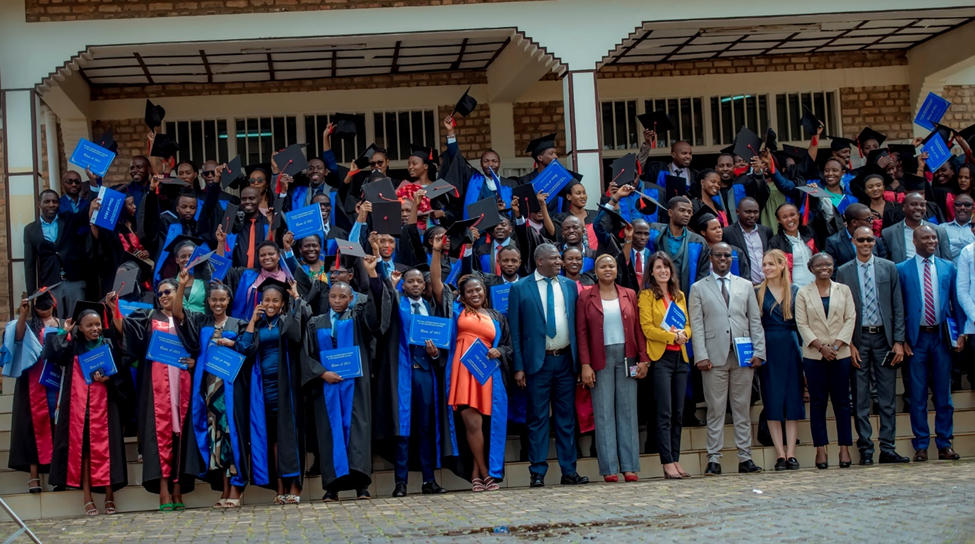
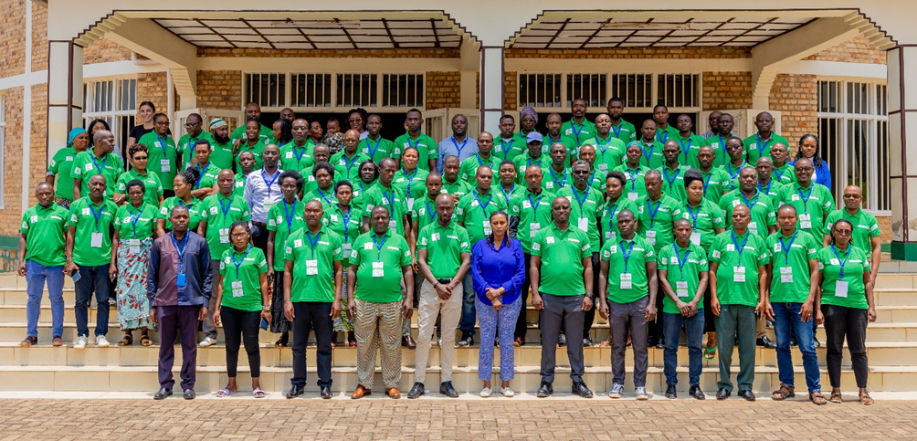
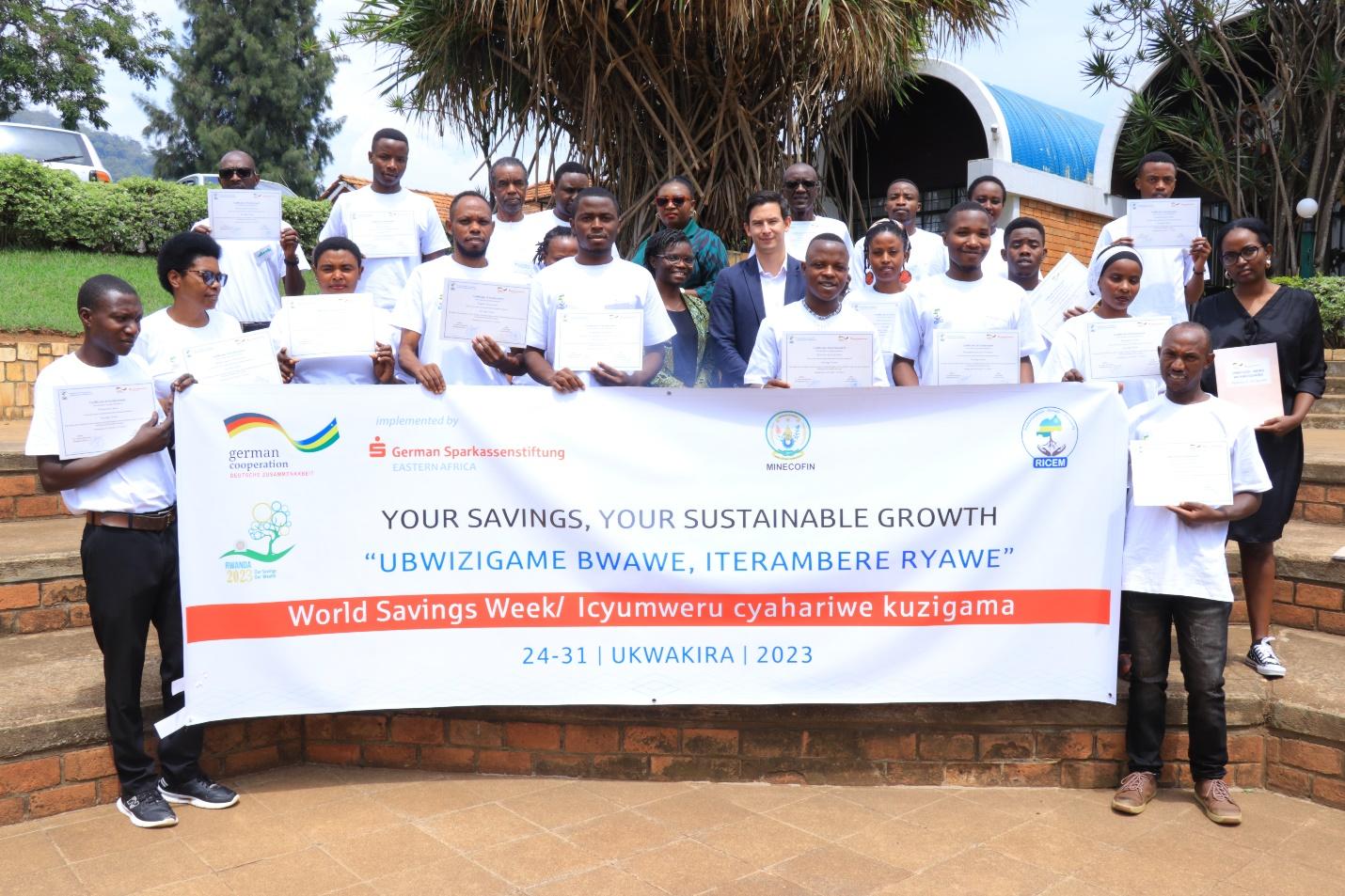
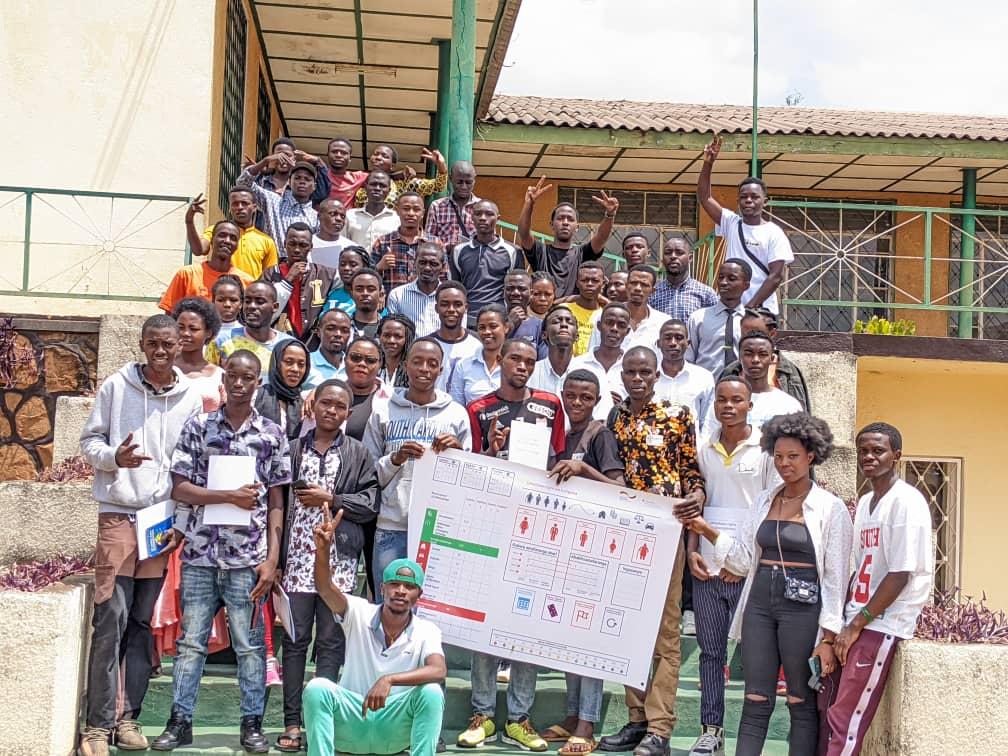
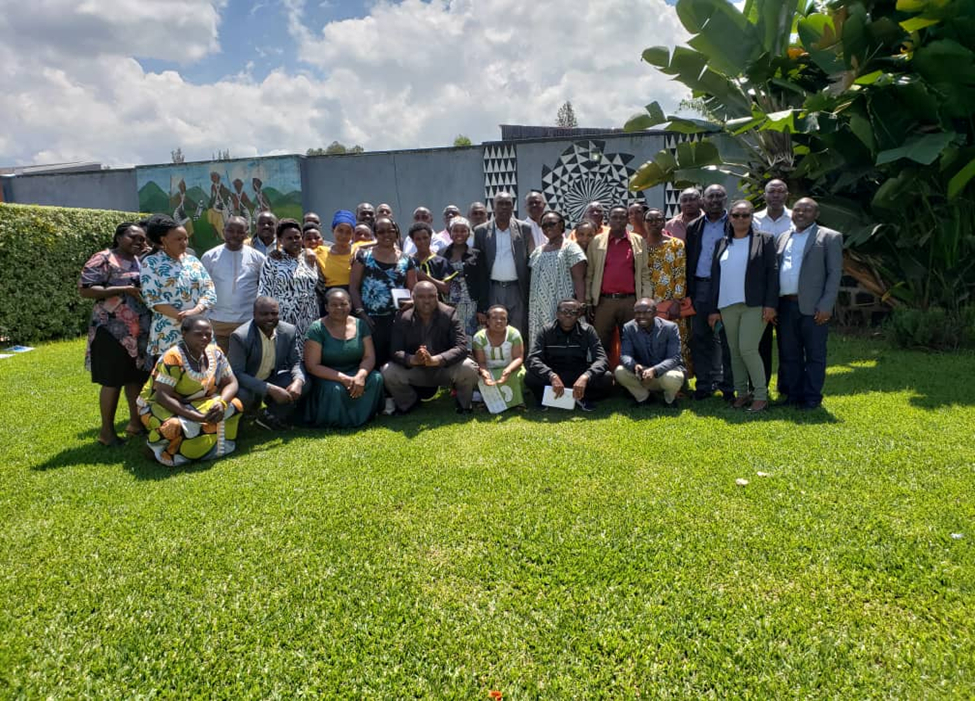
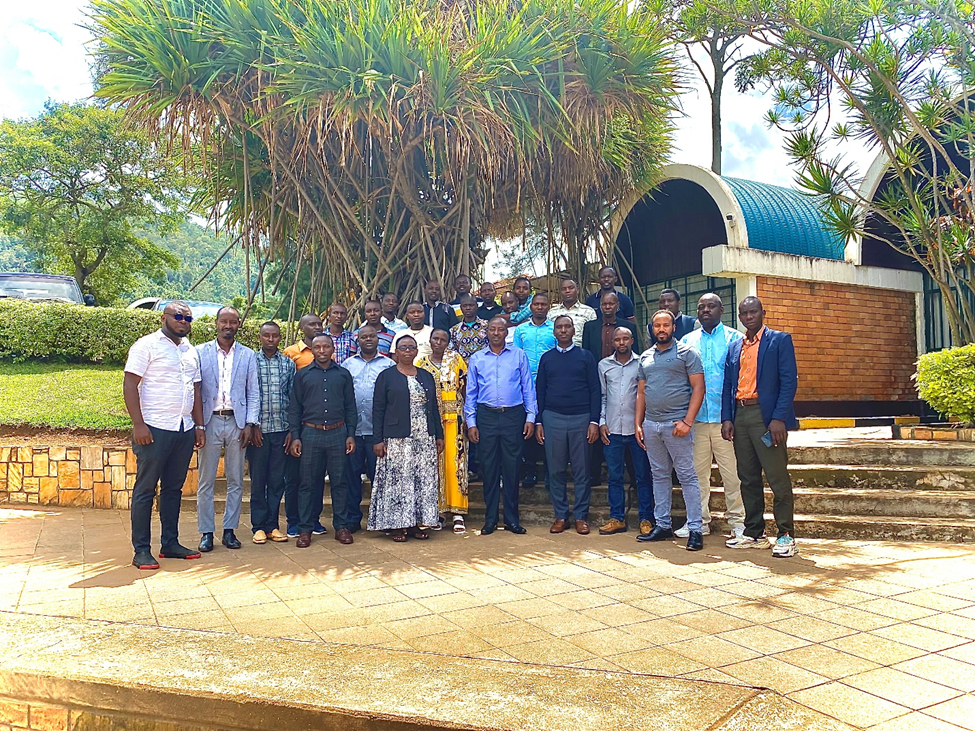
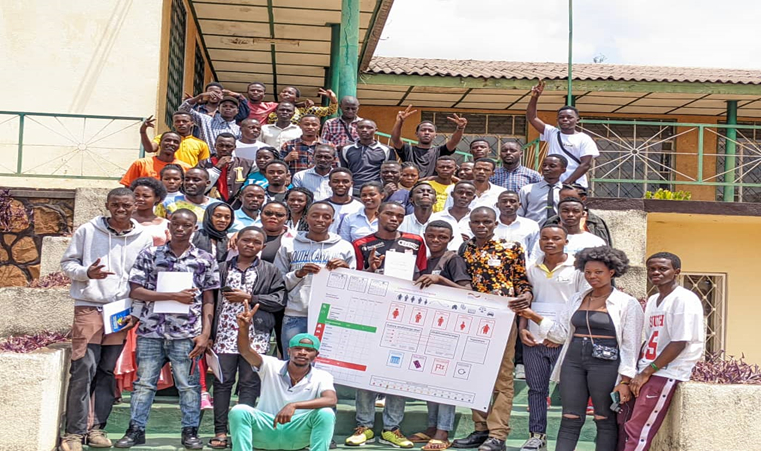
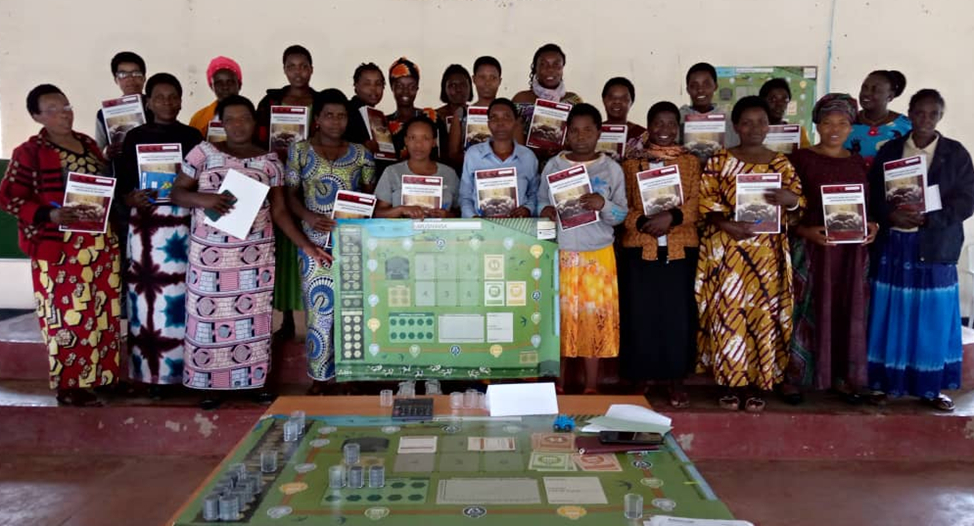

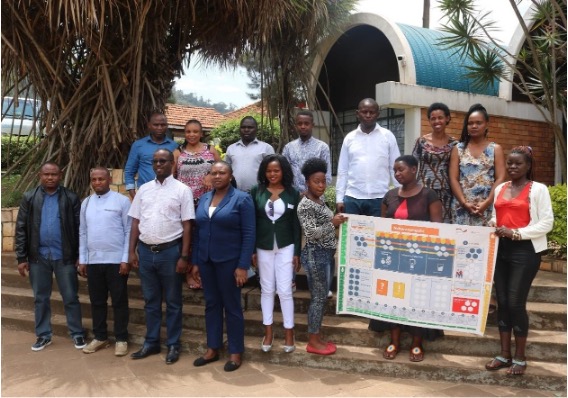
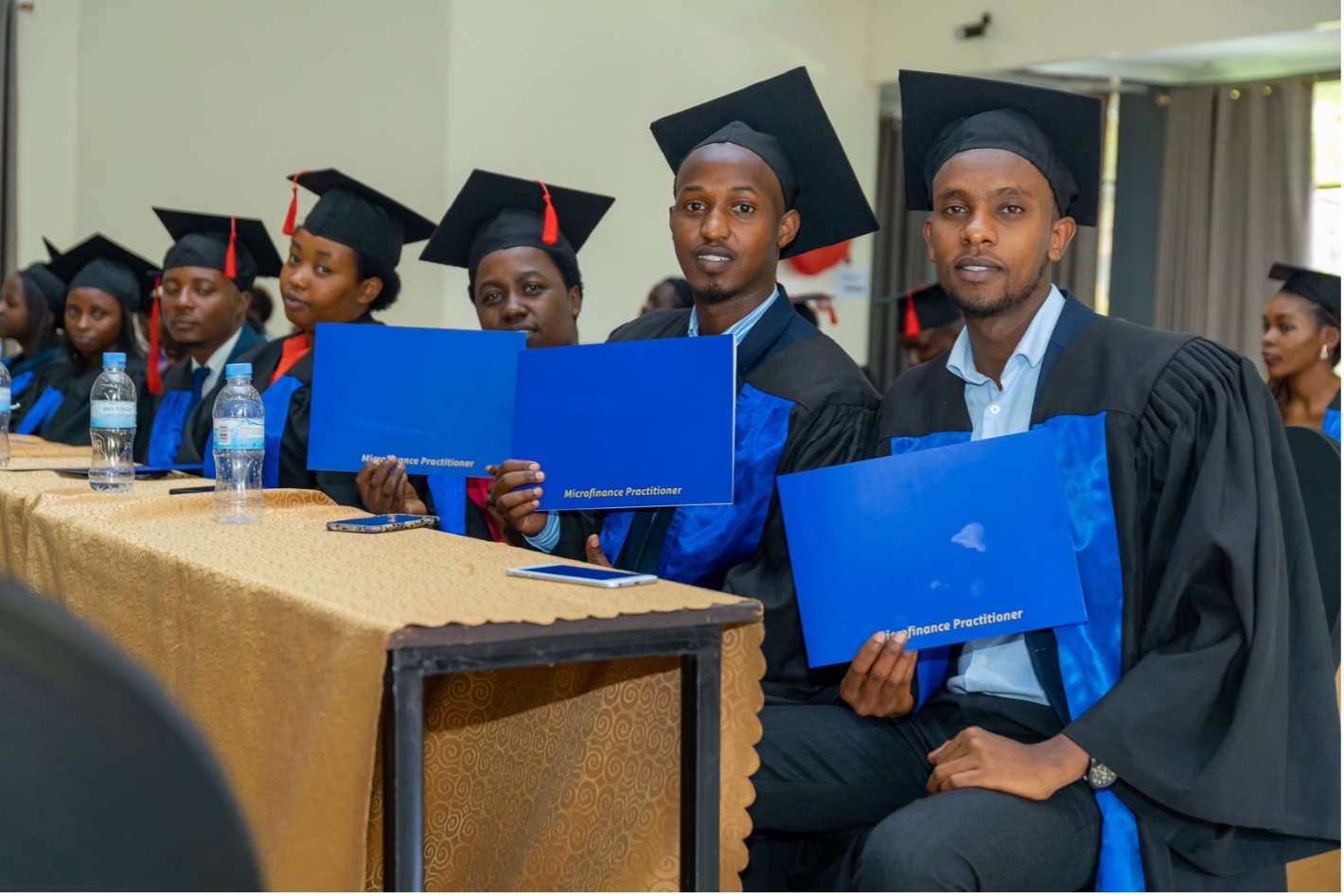
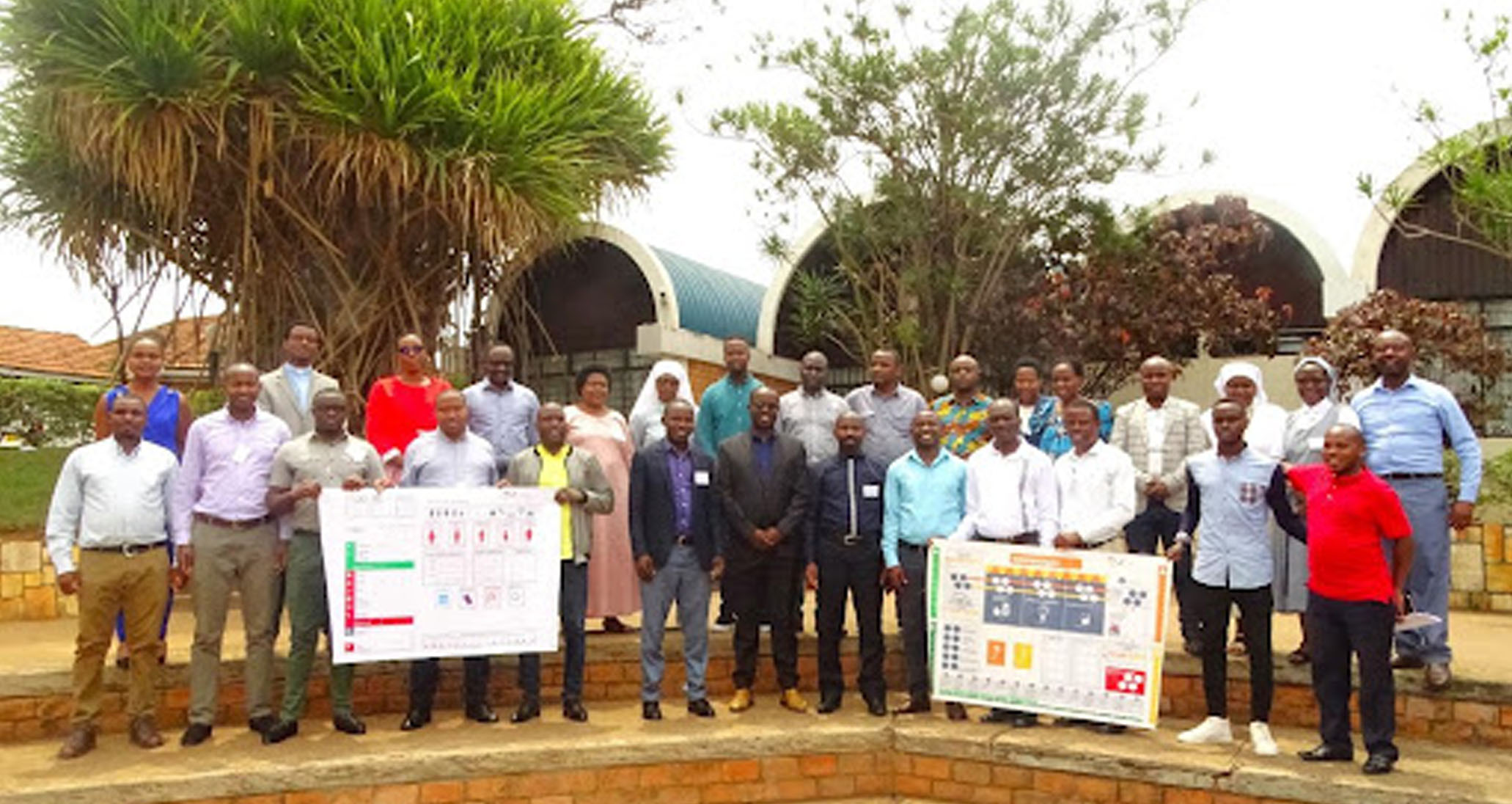
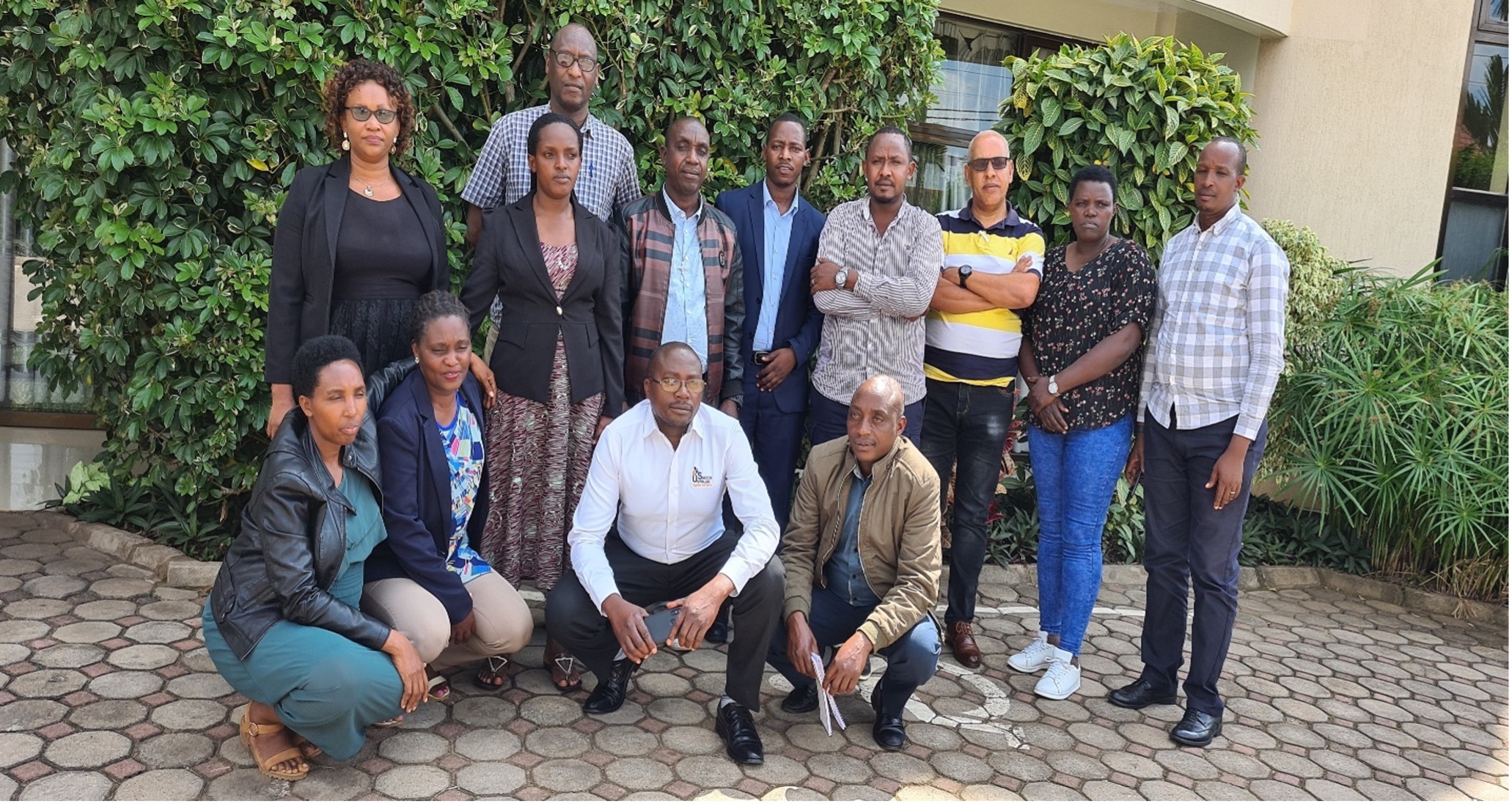
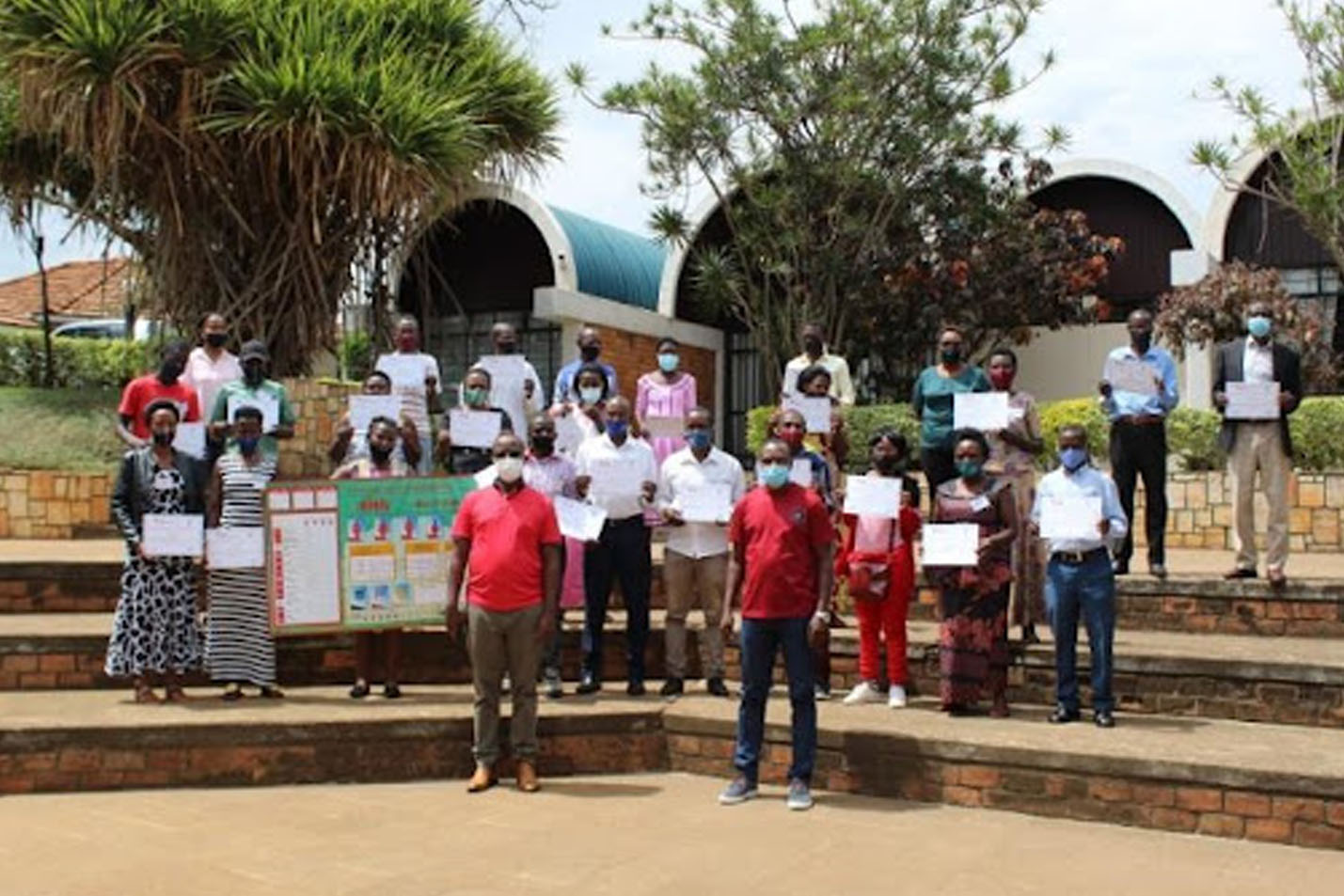



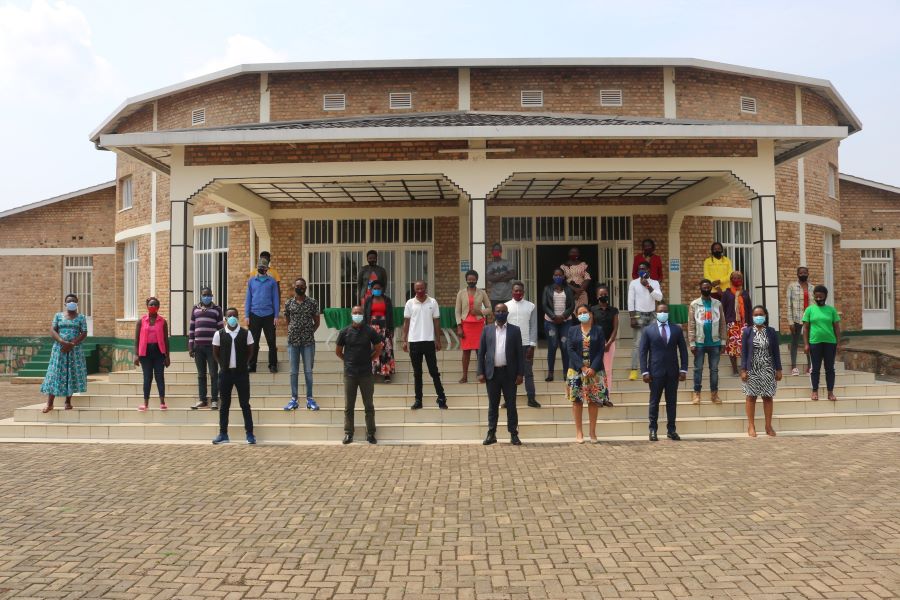
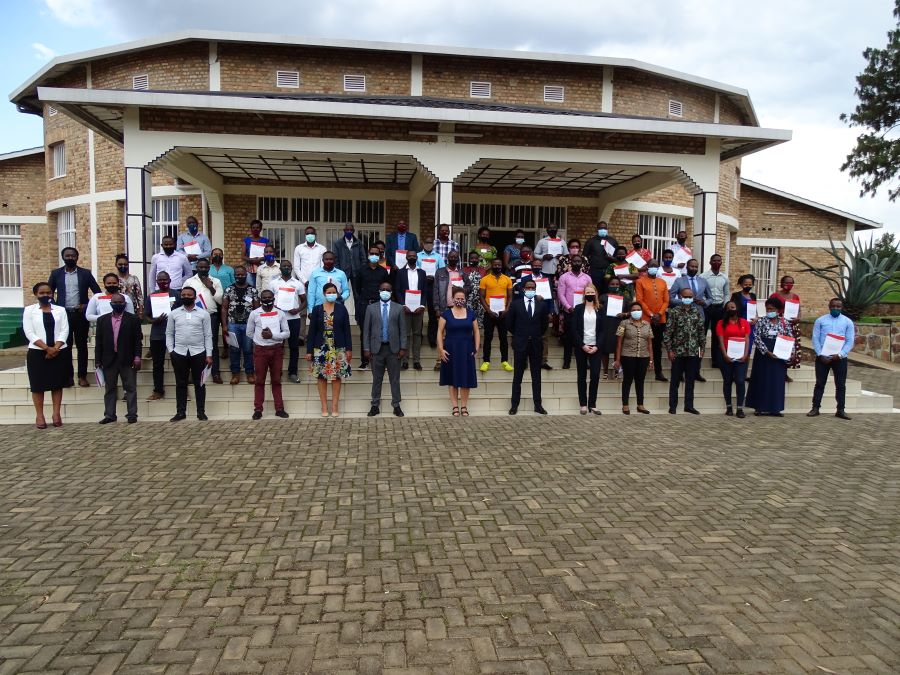




There are 4 comments
Agustin Ortiz
hace 20 minutosLorena Rojero
hace 10 minutosAgustin Ortiz
hace 10 minutosLorena Rojero
hace 10 minutosLeave a reply
Your email address will not be published. Required fields are marked *